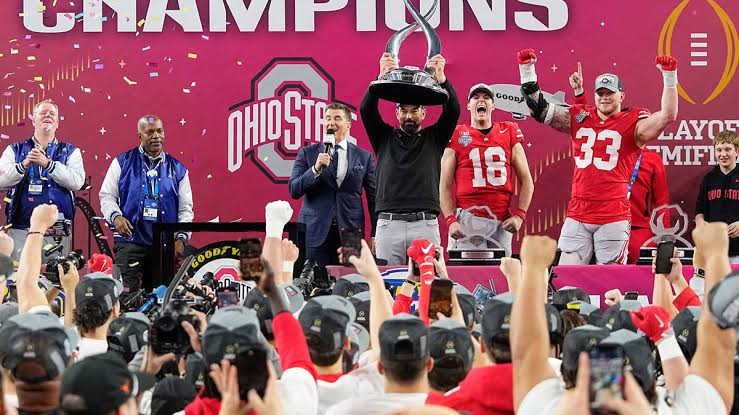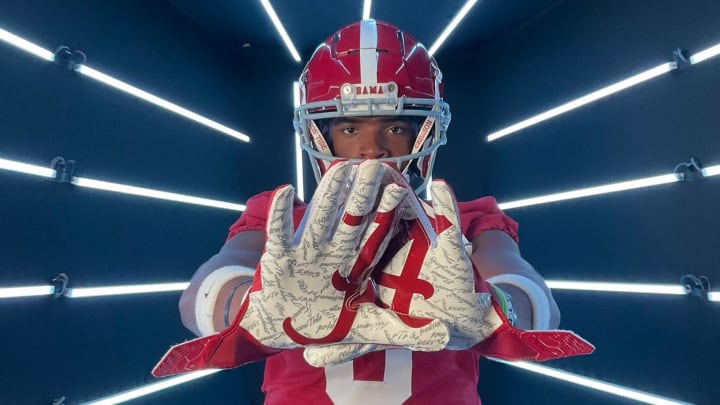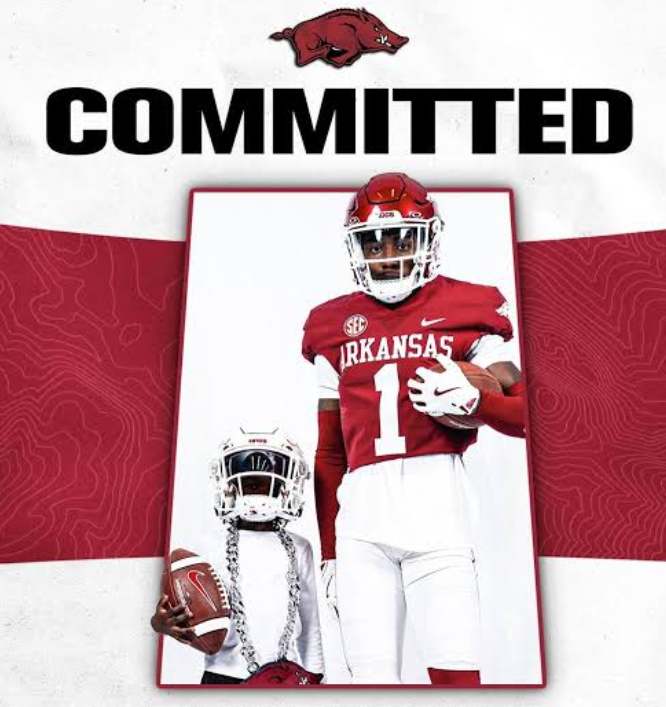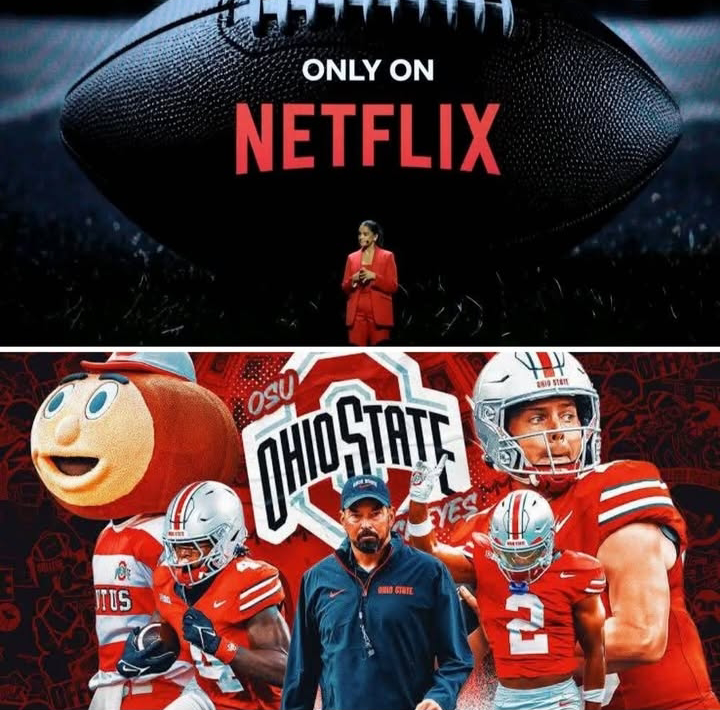In recent years, the intersection of college sports and personal beliefs has sparked a number of debates, especially when athletes use their platforms to promote religious views. This issue has come to the forefront once again with Ohio State football players, who have been criticized for using their high-profile positions to share and promote their religious beliefs. While some view this as a positive example of athletes using their platform for good, others argue that it crosses a line that should not be crossed in the context of professional sports.
At the heart of this debate is the question of whether it is appropriate for college athletes to promote their religious views while representing an institution that is, at least nominally, committed to maintaining an inclusive, diverse, and secular environment. So, what’s wrong with Ohio State football players promoting their religious beliefs, and why has it become such a contentious issue?
### The Role of College Athletes in Public Life
First, it’s important to understand the role that college athletes, particularly football players, play in the public sphere. Athletes at major universities are not just students—they are public figures who often attract significant media attention and fan devotion. In Ohio State’s case, the football program is among the most prestigious in the country, with players frequently appearing on national television and engaging with thousands, if not millions, of fans.
With this high profile comes a level of responsibility. Ohio State University, like many other institutions, is committed to creating a diverse and inclusive environment. This includes respecting a wide range of cultural, political, and religious beliefs. While it’s entirely appropriate for players to have personal religious convictions, the question arises as to whether it is responsible, or even fair, for those beliefs to be thrust into the public sphere, especially when those players are representing a university that serves a broad, diverse student body.
### The Challenge of Religious Freedom vs. Inclusivity
On one hand, the Constitution guarantees the right to religious freedom. College athletes, like all individuals in the United States, have the right to hold and express their religious beliefs. In this sense, players promoting their religious views should be viewed as exercising their personal freedoms. After all, religious expression is enshrined as a basic right, and the freedom to share one’s faith with others is central to the principles of liberty and free speech.
However, there is a fine line between exercising one’s right to religious expression and imposing those beliefs on others. When athletes use their platform to promote specific religious viewpoints, particularly in a way that can be seen as exclusionary or proselytizing, it can create tension. Not all members of the Ohio State football team share the same faith, nor do all fans or members of the university community. The concern arises when an athlete’s personal beliefs start to shape the environment in which others—who may not share those beliefs—are made to feel uncomfortable or unwelcome.
### The Potential for Division
The promotion of religious beliefs within a diverse group of individuals can create divisions, both within the team and the wider community. College football teams like Ohio State’s are melting pots of young men from various backgrounds, regions, and belief systems. These players come from a wide variety of religious traditions, ranging from Christianity to Judaism, Islam, and beyond, or they may be nonreligious altogether. Forcing a singular religious perspective onto a diverse group can alienate or isolate individuals who don’t share the same views.
When a football player makes their religious beliefs a public focus, whether through social media posts, interviews, or visible symbols of their faith, it can unintentionally create an environment where others feel pressured to conform or hide their own personal beliefs. This can undermine the very spirit of teamwork and camaraderie that is essential for success in sports. Instead of bonding over a shared goal of winning games, players may find themselves divided by their differing religious views.
Furthermore, when these beliefs are promoted by highly visible athletes, it can also set a precedent for others. Young fans and aspiring athletes may look up to these players as role models, and if these athletes promote religious ideologies as part of their public image, they may inadvertently pressure others to adopt similar views. This is particularly concerning in the context of a public institution, where it is crucial to respect and support individuals from all walks of life.
### University’s Responsibility to Foster a Secular Environment
Ohio State University, like many universities, is committed to providing a learning environment that is inclusive and secular in nature. This means that the university must walk a delicate line when it comes to balancing the personal freedoms of its athletes with the institution’s responsibility to maintain a neutral stance on religious matters.
The university has a duty to ensure that the campus remains welcoming to individuals of all faiths, as well as those who do not subscribe to any religious beliefs. When athletes—who are often seen as the face of the university—actively promote religious beliefs, it can create a sense of favoritism toward particular belief systems. This could lead to feelings of exclusion among students and faculty who hold different beliefs or none at all.
Additionally, universities are supposed to be places of intellectual exploration, where individuals are exposed to diverse ideas and challenged to think critically. If religious beliefs are emphasized too strongly, it can stifle this open discourse and make it more difficult for students to feel safe in expressing differing views. Some students may feel that they need to hide their own beliefs or discomfort with overt religious expressions, which contradicts the university’s mission to promote freedom of thought and academic inquiry.
### The Importance of Respecting Diverse Beliefs
While college athletes certainly have the right to express their religious views, it is crucial that they do so in a way that is respectful of the diverse backgrounds and beliefs of others. A respectful approach would involve promoting one’s faith without condemning or excluding those who do not share the same views. It’s important for athletes to be aware of the context in which they are promoting their beliefs, especially when they are representing a public institution like Ohio State University. The primary goal of a university is to educate and bring together individuals from all walks of life, and promoting a singular religious viewpoint can be counterproductive to that mission.
Moreover, athletes should be mindful of their platform. As public figures, they have the power to influence others, but they also have the responsibility to be respectful and considerate of their audience. Using one’s platform to advocate for a cause or belief is fine, but it must be done in a way that invites dialogue and understanding, rather than alienating or dividing people.
### Conclusion: Finding a Balance
The issue of Ohio State football players promoting religious beliefs is ultimately a complex one, and there isn’t a simple answer. On the one hand, athletes should have the freedom to express their beliefs. However, when those beliefs are promoted in a way that might make others uncomfortable or feel excluded, it can create division and undermine the university’s efforts to foster a diverse and inclusive environment. The key lies in finding a balance—athletes can certainly express their beliefs, but they must do so in a way that respects the diverse community they are part of and the responsibilities they hold as representatives of both their teams and their universities.
In the end, sports, particularly at the collegiate level, should be about unity—about coming together to achieve a shared goal, regardless of one’s personal background or beliefs. Athletes, coaches, and universities alike must ensure that the focus remains on creating a positive, supportive environment where all individuals feel valued and respected, no matter their faith or lack thereof.






Leave a Reply